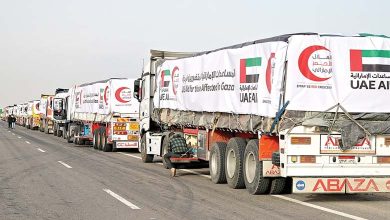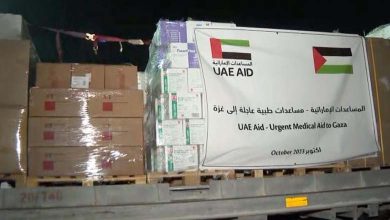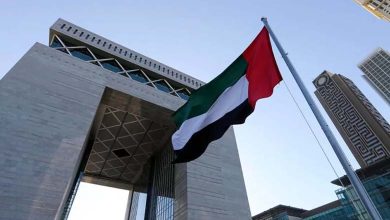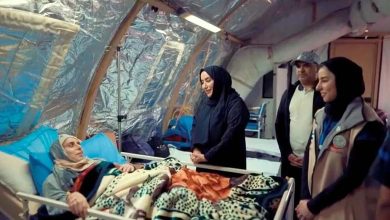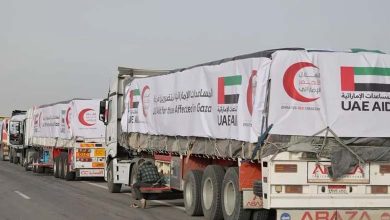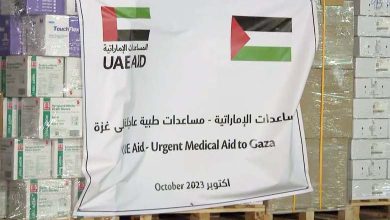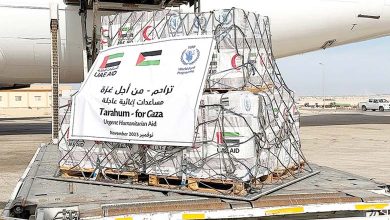The Secret of Sudden Epidemics – Migrant workers returning from Qatar loaded with chronic diseases?
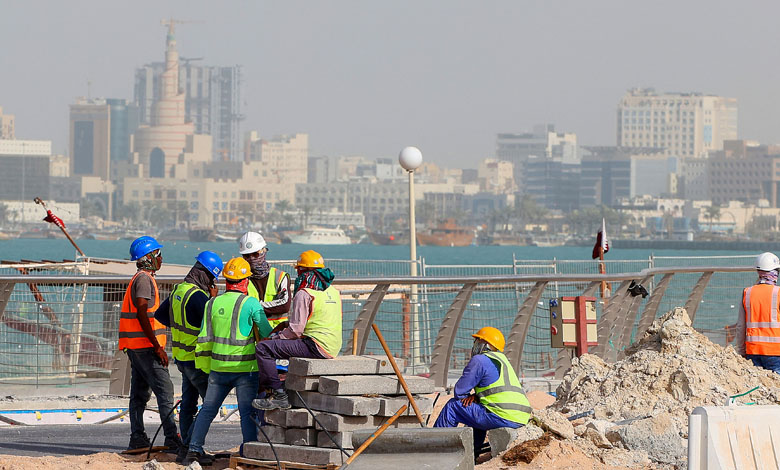
Qatar has spent $300bn preparing to host the most expensive World Cup ever, this construction boom now exposes a worrying health cost for hard workers in the world’s hottest country. Over the past decade, the deaths of workers involved in Qatar’s World Cup-related construction have drawn global attention to their working conditions. However, researchers say a wider problem is emerging among low-income migrants: the chronic kidney disease epidemic.
Chronic diseases
According to the Japan Times, many workers returning from Qatar, specifically those who worked to build the infrastructure needed for the World Cup, left their countries of origin in good health and returned with kidney disease after suffering from extreme temperatures and harsh conditions at work, said Jason Glaser, chief executive of the International Climate and Health Research Organization (IREO) La Isla Network.
Meanwhile, research by La Isla has also documented a link between chronic kidney disease in other parts of the world, including among Central American sugar cane workers who may be linked to their hard work at high temperatures. Medical specialists warn that because climate change leads to longer and more frequent heat waves, the number of people with kidney disease will increase. This affects a wide swath of the world – making it necessary to re-examine labor laws and professional practices, particularly in Qatar, where the highest number of cases have been confirmed.
Compensation and grievances
According to the Japanese newspaper, heat stress can generate a full range of risk factors that prevent the kidneys from functioning properly, ranging from dehydration to a complete shutdown of the metabolism system. In a survey of 38 nephrologists in Nepal last year, 92% of doctors said kidney disease among migrant workers returning from Qatar was unlikely to be caused by underlying health problems, with the authors noting that working conditions in extreme temperatures were likely to fuel the situation.
It added that this problem has existed in Qatar for many years, but its victory in organizing the 2010 World Cup pushed it into the spotlight with the increase in construction work, as workers in just 12 years built a country out of ruins and desert, Qatar did not have hotels or stadiums suitable to host such a huge tournament, and in a statement, a Qatari government official claimed that it took intensive measures over the past decade for the safety of workers, referring to a report issued by the International Labor Organization, which said that there was a significant reduction in heat stress related to health problems, but these statements do not seem to be linked to reality.
It noted that a range of organizations including Amnesty International, Human Rights Watch and Fair Square had demanded at least $440 million to compensate workers for a variety of grievances, and said that only some of the deaths at World Cup sites were work-related.
Sudden illness
According to the Japanese newspaper, in Bangladesh, Farooq returned home from Doha, Qatar, in 2018 after doing sewage construction work for a French engineering company. He said that his work sometimes exposes him to hot weather with temperatures reaching 50 degrees Celsius. “Once I arrived underground, I couldn’t distinguish between day and night. Outside, it was very hot, much hotter than in Bangladesh,” he said. Two weeks after returning home, he felt a jolt in his hands and shaken his legs at prayer time. Tests showed that his creatinine levels, a naturally produced chemical by the body, rose to 14.5. Normal levels are closer to 1. He now needs regular dialysis, a procedure in which waste and excess fluid are removed from the body, something dozens of his colleagues have been injured.




